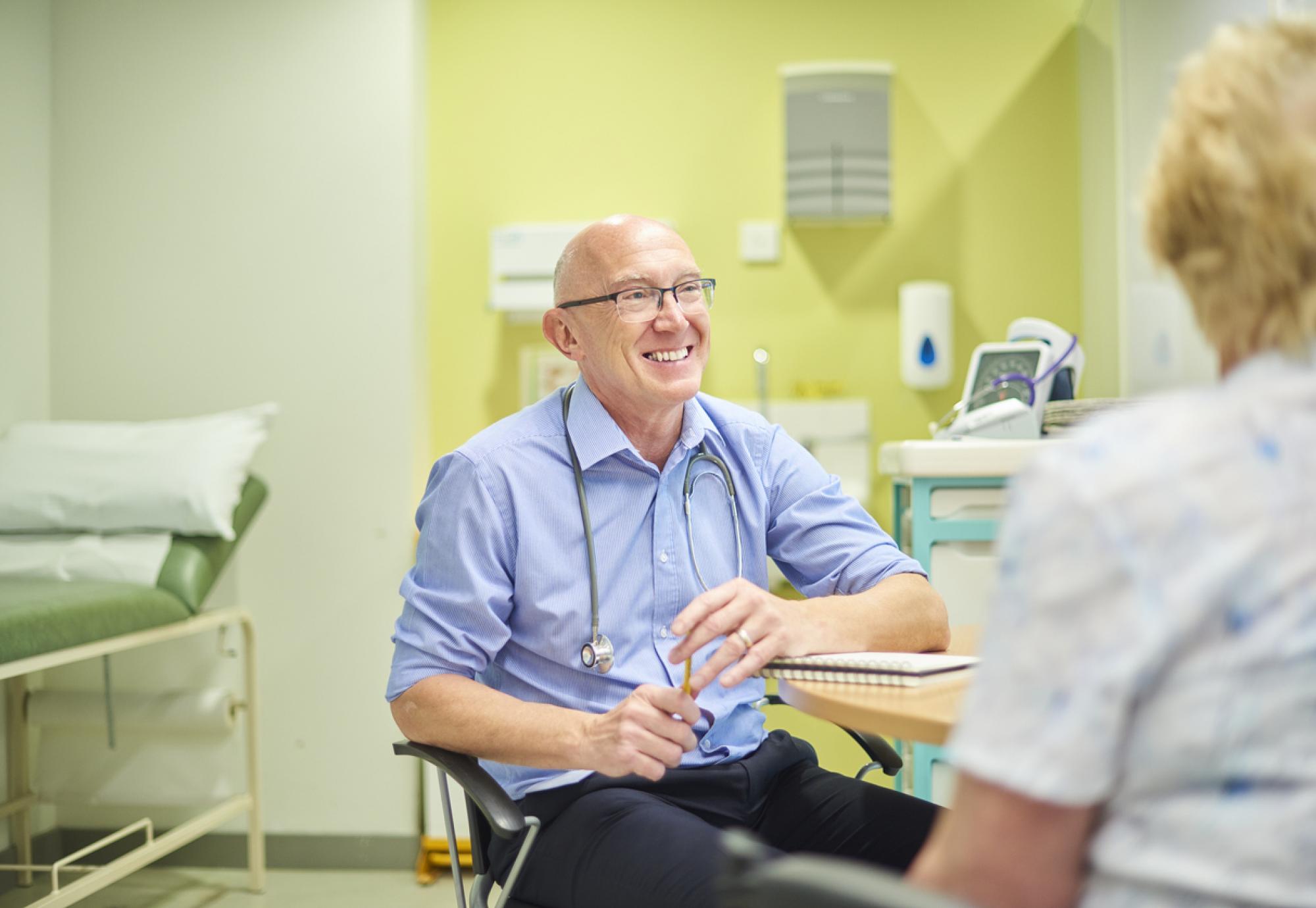More than 1,000 additional GP staff are set to be recruited from this month, as the NHS continue to expedite treatment processes and optimise workforce output.
The new GP assistants will be trained so they can perform blood pressure tests, heart rate and blood checks, as well as arranging appointments, referrals and follow-up care.
Evidence has already shown that support roles allow GPs to focus on seeing more patients and helping to reduce backlog, as they reduce the amount of time they spend on admin tasks by more than 40%.
The NHS also announced that up to 1,250 digital and transformation leads will be recruited to help improve patient access to primary care.
Each primary care network will have a designated digital lead that will oversee the uptake of the latest technology to expand phone line capacity, monitor call response times, and offer support with the NHS app.
Dr Amanda Doyle, national director of primary and community care, said: “Giving patients timely and convenient access to GPs and primary care is vital, especially during winter, which is why we are introducing brand new roles and giving GPs more flexibility to create teams that best meet the needs of their local population.
“NHS staff have worked incredibly hard to deliver record numbers of GP appointments for patients, with 11 million more this year so far than the same period last year, and more than four in five people who book an appointment seen within two weeks, including two fifths who are seen on the same day.
“The introduction of GP assistants can reduce the time doctors spend on correspondence by up to 85%, while also carrying out basic clinical tasks such as taking patients’ blood pressure and heart rate, meaning doctors have more time to do what they care about most – treating patients – while digital leads will help practices use the latest technology to manage demand and capacity.”
As demand for services continues to rise, the NHS are looking to transform the GP workforce – studies show that more than a quarter of appointments could either be carried out by other professionals, replaced with self-care, or were just not necessary at all.
Hundreds of thousands of patients have already been given access to blood pressure monitors as part of the NHS’s efforts to give the public the tools they need to take care of their own health – the rollout of this scheme in Dorset cut the amount of GP appointments for hypertension by almost a half.
A case study on the Swan Medical Centre in Birmingham found that the introduction of GP assistants drastically reduced the amount of time GPs spend on completing admin tasks.
GP, Dr Ubogu said: “Our General Practice Assistant has reduced the amount of time that I have to spend reviewing and actioning patient forms, saving up to 30 minutes per form in some cases, which is valuable time I can now spend with patients in clinic.”



















